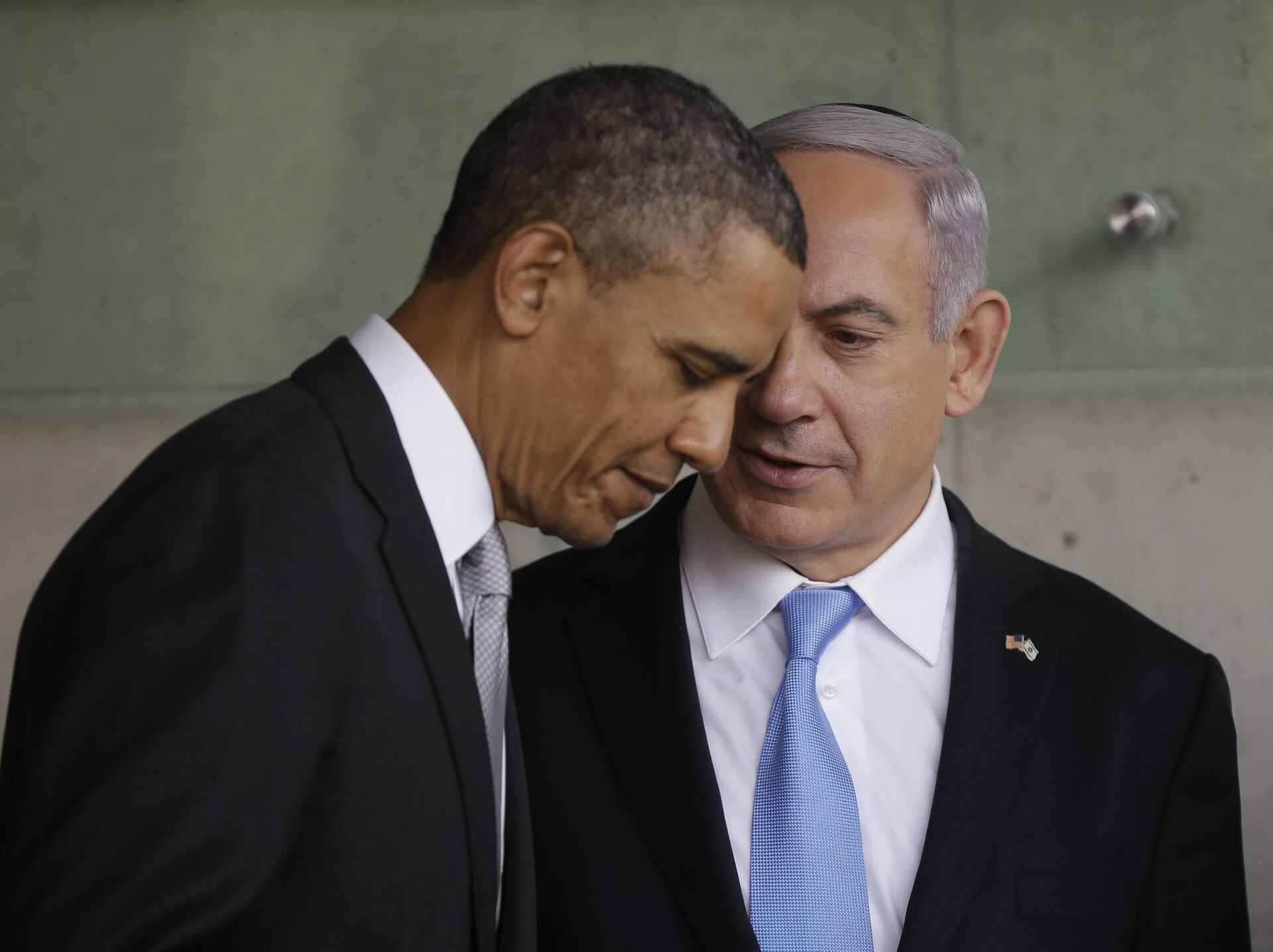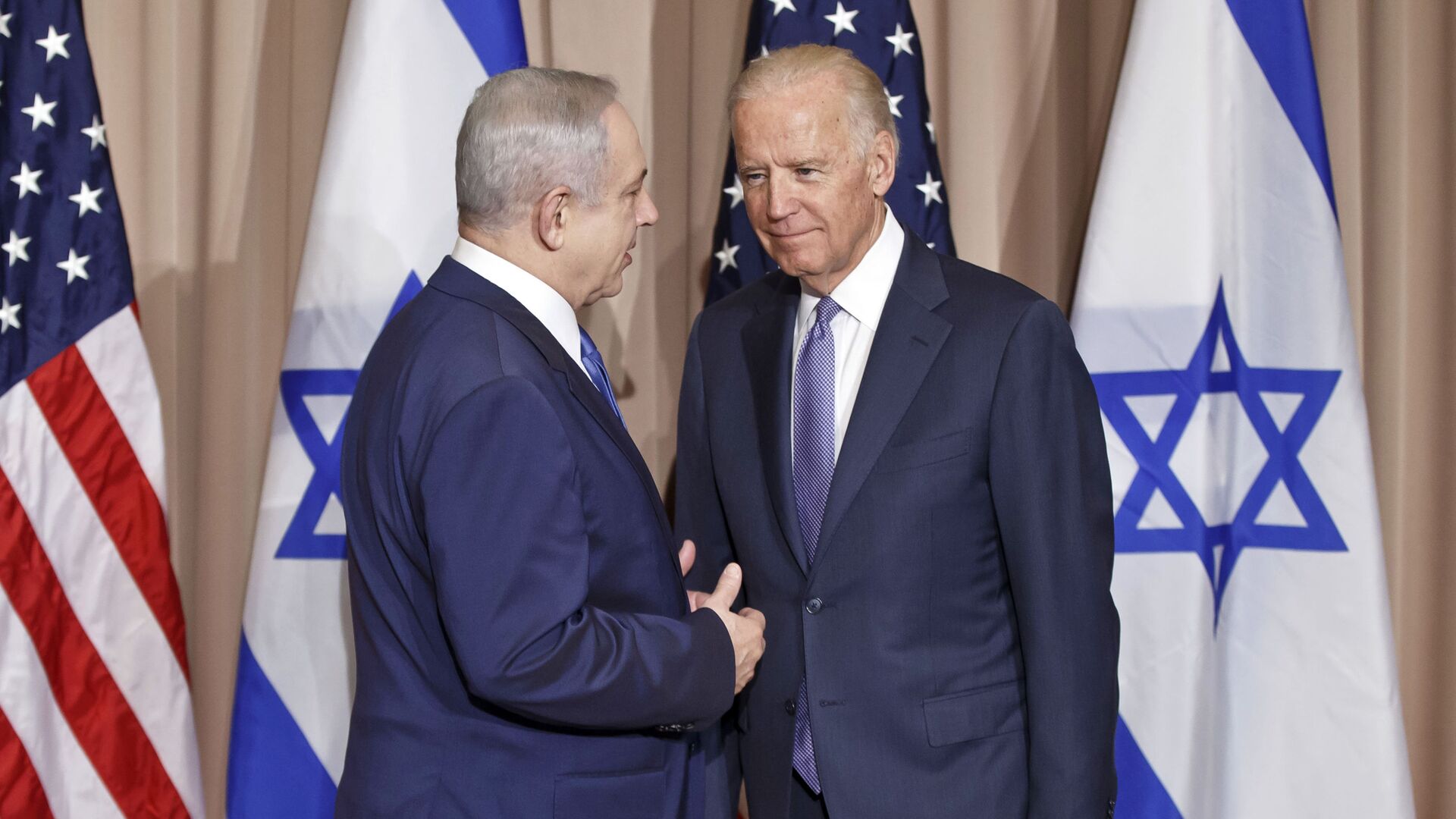The Biden administration aims to avoid any public confrontation between Washington and Tel Aviv over Iran, US State Department Iran envoy Rob Malley told Axios, according to a Wednesday report.
The envoy said that extensive talks with Israeli officials have been held, as the Biden administration is "committed to being consultative and transparent" with Tel Aviv.
On Thursday, a first round of talks on Iran will take place via videoconference between National Security Adviser Jake Sullivan and his Israeli counterpart, Meir Ben-Shabbat. Israeli officials, according to Axios, plan to use the first meeting to lay out their intelligence data on Tehran's nuclear program and see whether the US and Israeli interpretations align.
“We don’t always agree, but the talks are extremely open and positive. While we may have different interpretations and views as to what happened in 2015–2016, neither of us wishes to repeat it," Malley said.
He apparently referred to strained relations between Washington and Tel Aviv during the tenure of former US President Barack Obama, who did not enjoy an understanding with Israeli PM Benjamin Netanyahu at the time.
The two leaders disagreed on several issues, particularly a way to resolve the Israeli-Palestinian conflict and the implementation of the nuclear deal with Iran.

The JCPOA was penned in 2015 by the Obama administration, Iran and six other signatories: China, France, Russia, United Kingdom, the European Union and Germany. The deal that envisaged Iran scaling its nuclear program back in exchange for the sanction relief caused vehement opposition from Netanyahu, who labeled it "a historic mistake" and publicly denounced Obama's efforts towards it.
“This is a bad deal, a very bad deal. We’re better off without it,” the Israeli prime minister said in his address to Congress at the time.
Tel Aviv has consistently expressed fears that Tehran is developing a nuclear weapon, despite that the Islamic republic stated that its nuclear program remains exclusively peaceful, even after Obama's successor, Donald Trump, unilaterally withdrew the US from the JCPOA in 2018.
Currently, the Biden administration has voiced its intention to revive the nuclear deal, calling on Tehran to return to the commitments under the accord, from which it stepped away after Trump's withdrawal. Iran insists that Washington make the first step by lifting its sanctions against the country.
Last week, Israel's foreign minister, Gabi Ashkenazi, said during a briefing with Israeli ambassadors abroad that an understanding had been reached between Washington and Tel Aviv on a so-called "no surprise policy", which meant that the US would notify Israel before making moves regarding Iran.


